
5 Key Factors That Affect Your Personal Loan Interest Rate This Year
05 अप्रैल 2022

Table of Content
Introduction
Do you need money to pay the security deposit on your rented flat? Or perhaps you are facing a medical emergency that goes beyond the coverage of your health insurance plan. A personal loan is a type of unsecured loan that helps you get access to quick cash in such situations of need. Features of personal loans include collateral-free applications, speedy approvals and disbursals, attractive interest rates, and no end-use restrictions, to name a few. Now, let us look at the factors affecting personal loan interest rates.
Personal Loan Interest Rates
When a financial institution like a bank lends you money, the cost of lending you that money is taken through the interest rate. An ideal personal loan would be one with the lowest interest rate as this will reduce the overall amount that you need to pay back to the lender.
How Is Personal Loan Interest Calculated?
How Is Personal Loan Interest Calculated?
First we find the EMI, where EMI = P x R x (1+ROI)^N / [(1+ROI)^N-1] where,
- P = Principal Loan Amount
- N = Loan tenure in months
- ROI = Monthly Interest Rate = Annual Rate of interest/12/100
If Annual ROI for a Personal Loan is 10%, then monthly ROI = 10/12/100 = 0.0083, P = INR 20,00,00 and N = 36 months, then EMI = INR 64,534 and the total interest payable would be INR 3,23,237.
Now that we know how to calculate personal loan interest rate, here are the factors that affect this interest rate.
1. Monthly Income
Regardless of whether you are salaried or self-employed, a lender will consider your loan application based on your monthly income. A higher income provides more assurance to the lender that they will get their money back. Thus, a higher income increases your chances of getting lower interest rates. The number of years you have been employed at an organisation also plays a part. The longer you have been employed at a particular company, the better is your stand for negotiating for the lowest personal loan interest rate.
2. Credit History
The personal loan interest rate depends on your credit history as well. A good credit history means that you were able to repay previous loans or credit card debts promptly and this increases the lender’s trust in you. The Credit Information Bureau of India Limited (CIBIL) is one of several credit information companies licensed by the Reserve Bank of India. CIBIL is an industry-wide used score to check your credit history. The CIBIL score is a 3-digit numeric code ranging from 300 to 900. A score above 700 is a good credit score that can land you a lower interest rate.
Before applying for a personal loan, check your credit history to understand your positioning. If your credit score is low, this could be because you are not repaying your debts on time. Gradually improve your score by taking suitable measures to build your score. You can build your credit score by paying off any ongoing debt and by paying credit card bills in full and on time.
The credit report shows your credit payment history across all debts and credit institutions. The RBI has made it mandatory for all credit information companies to offer one credit report free of cost every year.
Will A Personal Loan Affect My Credit?
Taking on more debt does have an effect on your credit. However, how you manage and repay your debit will determine whether this effect will be good or bad. Timely repayment of the personal loan will only improve your score and missing out on payments can end up damaging your score.
3. Your Relationship With The Lender
A lender is more likely to charge you lower personal loan interest rates if you are a trustworthy customer. The trust between the two parties is cultivated through several years. For instance, if you possess a credit card issued by the lender and pay the dues on time, the lender will consider your negotiation for a lower interest rate – a feat hard to achieve for newer customers. A longer and loyal relationship with the bank entails higher negotiating power since losing you as a customer would be a loss to the bank.
4. Reputation Of The Organisation That You Work For
Your employer’s status is also one of the important factors affecting interest rates. As mentioned above, personal loans do not require collateral. Therefore, the lenders must find ways to make sure that you are able to repay the loan. Working with a reputed organisation makes you stand out as a financially secure borrower. Lenders may sometimes offer flexible lending policies to borrowers associated with reputed organisations. This gives you an edge while asking for lower interest rates.
What If I Am Self-Employed?
Self-employed individuals who maintain a good rapport with the lender can also apply for a low-interest personal loan. Your business should be older than the lender-specified number of years to be eligible. If income from your business is noteworthy, the lender will have fewer reservations about lending you money.
5. Debt-To-Income Ratio
A debt-to-income (DTI) ratio indicates your monthly debt payments divided by your monthly gross income, expressed as a percentage. Lenders use DTI to determine how well you manage your monthly debts and whether you have the potential to repay the loan.
For instance, if your monthly gross income is INR 50,000, and you are repaying an existing loan with INR 20,000 as your EMI. Then your DTI would be:
(Monthly Debt/Monthly Gross Income) x 100 = (20,000/50,000) x 100 = 40%
For the lender, 40% DTI may or may not be high. The more your loan obligations, the higher is your DTI. An ideal DTI would range from 21% to 35%. A lower DTI will increase your chances of a lower interest rate.
What If Your DTI Is High?
It is imperative that you constantly monitor your debt-to-income ratio. However, there are certainly ways by which you can lower your DTI if it is high.
- Increase your EMI amount to repay the loan quickly. By doing so, initially, your DTI will increase; however, by paying off the loan at the earliest, you can get it down faster.
- Do not apply for loans until your DTI is in the ideal range of 21% to 35%.
- Increase your monthly income.
- Foreclose existing loans.
Conclusion
Personal loans can truly save the day when you need cash urgently. Unlike home loans and car loans, where the collateral is the product itself, personal loans are unsecured. This can work in your favour especially if you do not have any collateral to pledge to the lender.
Bank of Baroda offers affordable interest rates on personal loans so that you can get the finance you need without much worry. You can use the personal loan EMI calculator tool on our website to understand how your EMIs will look. This will help you choose the right loan tenure and plan out your budget each month.
Get in touch with us today to know more.
Popular Articles
Tag Clouds
Related Articles
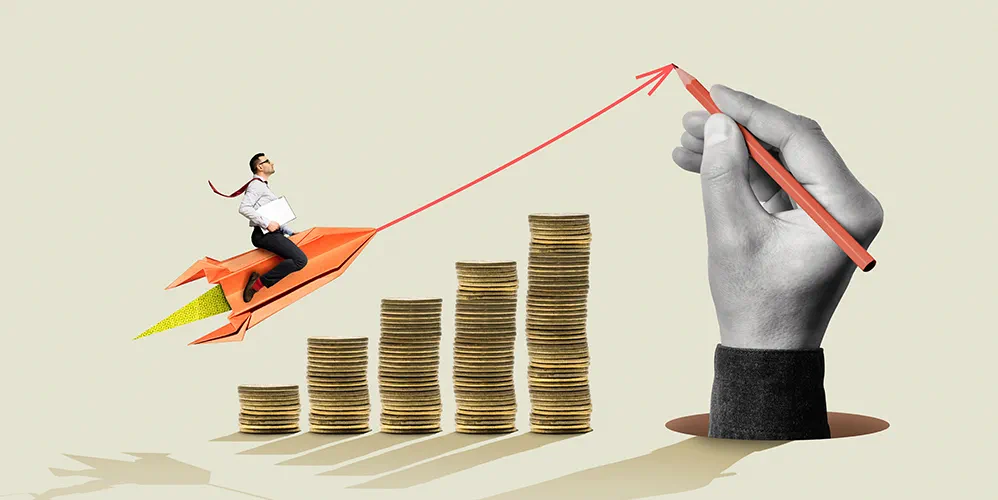


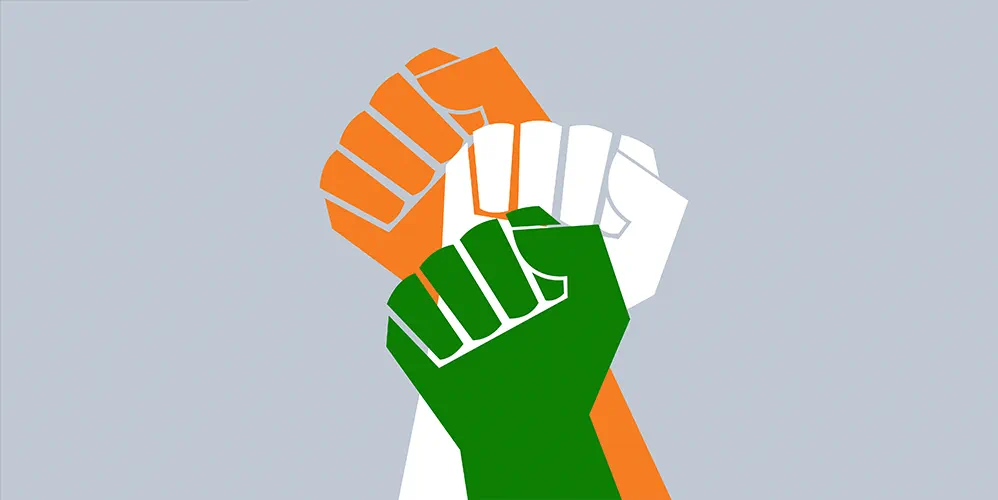

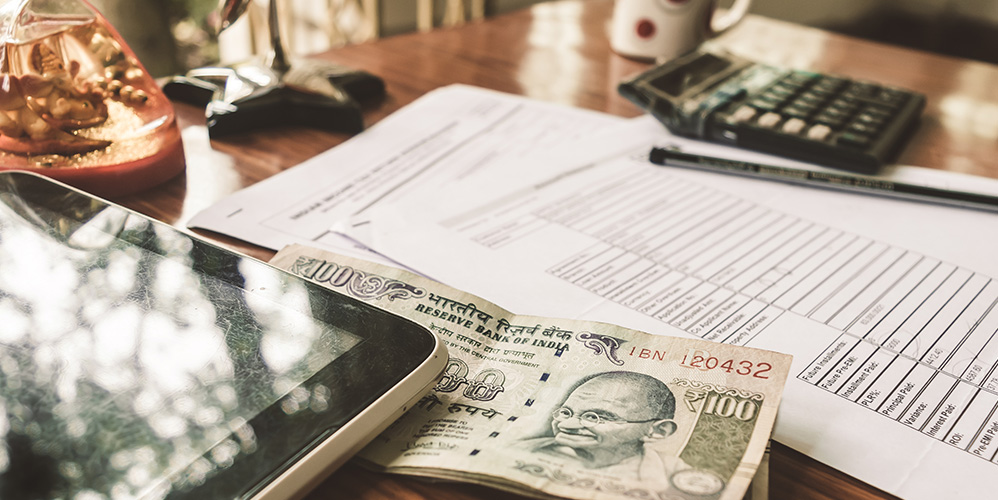
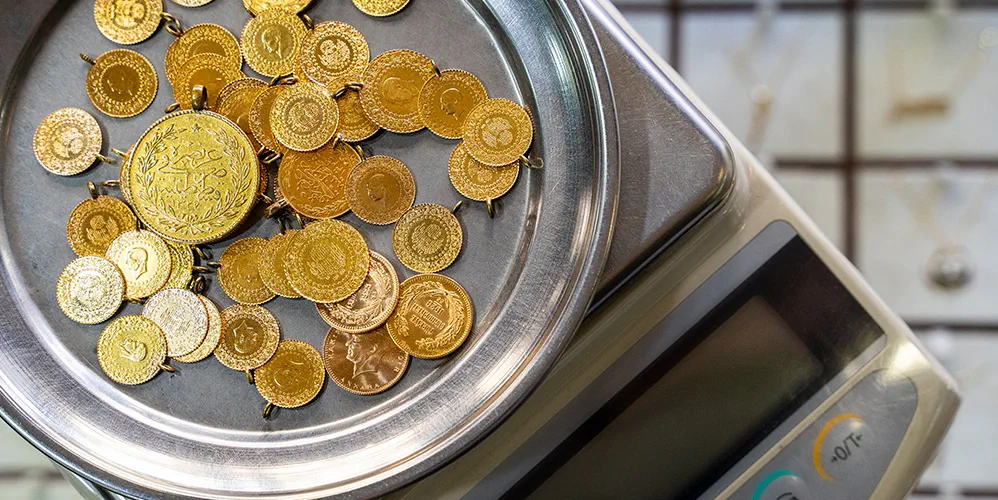

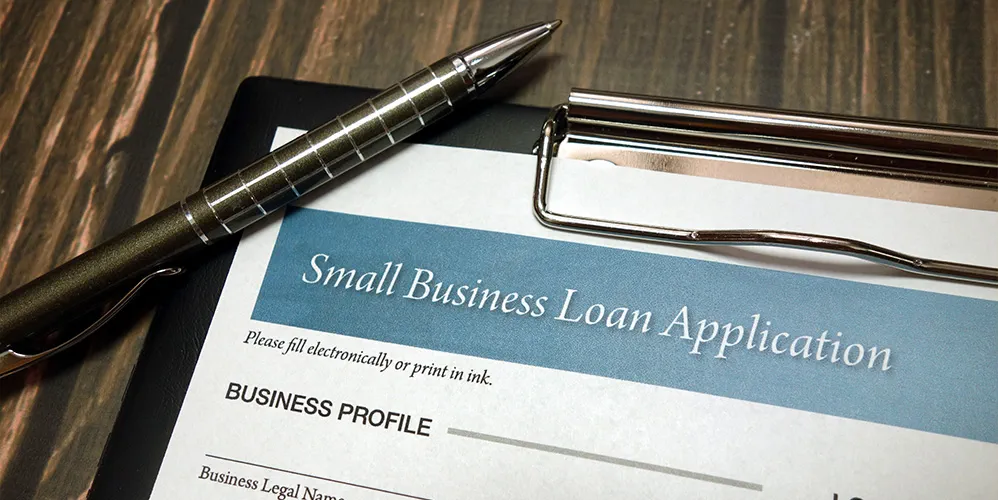
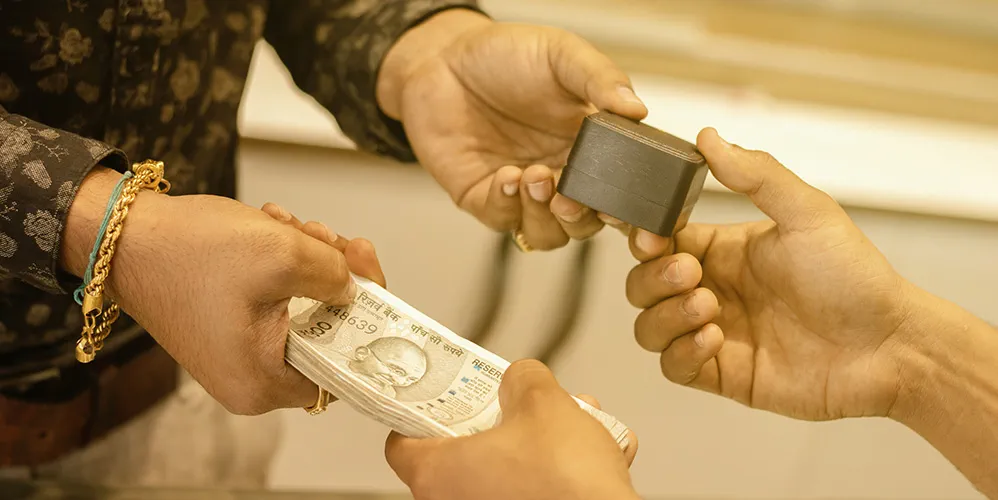
-
डिस्क्लेमर
इस लेख/इन्फोग्राफिक/चित्र/वीडियो की सामग्री का उद्देश्य केवल सूचना से है और जरूरी नहीं कि यह बैंक ऑफ बड़ौदा के विचारों को प्रतिबिंबित करे। सामग्री प्रकृति में सामान्य हैं और यह केवल सूचना मात्र है। यह आपकी विशेष परिस्थितियों में विशिष्ट सलाह का विकल्प नहीं होगा । बैंक ऑफ बड़ौदा और/या इसके सहयोगी और इसकी सहायक कंपनियां सटीकता के संबंध में कोई प्रतिनिधित्व नहीं करती हैं; यहां निहित या अन्यथा प्रदान की गई किसी भी जानकारी की पूर्णता या विश्वसनीयता और इसके द्वारा उसी के संबंध में किसी भी दायित्व को अस्वीकार करें। जानकारी अद्यतन, पूर्णता, संशोधन, सत्यापन और संशोधन के अधीन है और यह भौतिक रूप से बदल सकती है। इसकी सूचना किसी भी क्षेत्राधिकार में किसी भी व्यक्ति द्वारा वितरण या उपयोग के लिए अभिप्रेत नहीं है, जहां ऐसा वितरण या उपयोग कानून या विनियमन के विपरीत होगा या बैंक ऑफ बड़ौदा या उसके सहयोगियों को किसी भी लाइसेंसिंग या पंजीकरण आवश्यकताओं के अधीन करेगा । उल्लिखित सामग्री और सूचना के आधार पर किसी भी वित्तीय निर्णय लेने के लिए पाठक द्वारा किए गए किसी भी प्रत्यक्ष/अप्रत्यक्ष नुकसान या देयता के लिए बैंक ऑफ बड़ौदा जिम्मेदार नहीं होगा । कोई भी वित्तीय निर्णय लेने से पहले अपने वित्तीय सलाहकार से सलाह जरूर लें।
What is Tenure in a Personal Loan and How to Choose the Loan Tenure Smartly?
A personal loan is an unsecured type of a loan which means that you can borrow the funds without handing over any collateral. The borrowed money can be used for various purposes such as tackling an emergency, financing your business, or pursuing your
educational goals. However, since you do not need to provide collateral to procure a personal loan, the interest rate charged on these loans is relatively higher when compared to other types of loans, such as home loans or student loans. Due to this,
5 Smart Tips to Reduce EMI Of Your Existing Personal Loan
Personal loans offer a great way of meeting your financial requirements without compromising your assets.

